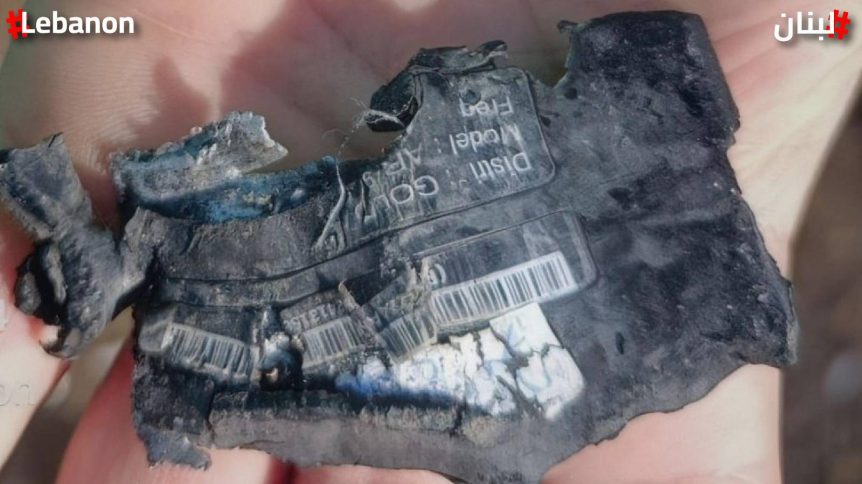At least 12 people, including two children, were killed in Tuesday’s massive remote attack across Lebanon and parts of Syria on devices (pagers) reportedly used by Hezbollah. Approximately 2,800 people were injured in the attack, of whom ten percent are in critical condition. The next day, explosions went off across Lebanon due to detonations of electronic devices, including walkie-talkies and solar equipment, causing nine deaths and at least 300 injuries in a few hours.
We deeply condemn these unlawful attacks that have gravely impacted Lebanon, a country already in dire economic straits and political deadlock, and inflicted substantial pressure on hospitals in Southern Lebanon that had already exceeded their capacity. Although Israel has not claimed the attack, Hezbollah and the Lebanese government, as well as Israeli Media, have attributed it to Israel.
“Israel’s cyberattack across Lebanon and Syria, seemingly targeting Hezbollah affiliates, is not only a clear violation of international law but also an extremely concerning escalation that broadens the scope of this conflict. This indiscriminate attack has shown again Israel’s deplorable disregard for the lives of civilians. Accountability for a remote attack with this magnitude is necessary, otherwise, it is setting a very dangerous precedent” said Amna Guellali, Research Director at Cairo Institute for Human Rights Studies.
These attacks come after a series of Israeli targeted killings against affiliates of armed groups, far from the battlefield, from Beirut suburbs to Iran. At the start of this year, Israel targeted the deputy head of Hamas in a drone strike near Beirut. Most recently, on 30 July, Israel struck a senior Hezbollah commander near Beirut in an airstrike, killing at least two children and a woman, and injuring 74 people. Hours later, Israel struck Ismail Haniyeh, the head of Hamas’s Political Bureau in Tehran.
According to several scholars, Israel and Hezbollah have been in a non-international armed conflict, while some argue that in parallel, Israel has been in an international armed conflict with Lebanon. Assuming that the individuals with the pagers, attacked on 17 September in Lebanon and Syria, were legitimate military targets, Israel is still legally required to refrain from the use of force if it would be disproportionate or indiscriminate against civilians. According to rules of customary international humanitarian law, which is binding on all states, if the method or weapon cannot distinguish between civilians and those involved in hostilities, then the use of force is indiscriminate. Moreover, Israel is required to take precautionary measures to avoid or minimize such incidental effects and ensure that only lawful targets are attacked.
Israel should have known that exploding the pagers of individuals outside the battlefield would cause the death and injury of nearby civilians. Yet Israel apparently took no precautionary measures to avoid or minimize the deaths and injuries of innocent civilians, including children. Remotely causing pagers of hundreds of people scattered around Lebanon and Syria is a clearly indiscriminate use of force by Israel, as its effects cannot be limited to military objects and objectives.
Israel’s recent escalation in Lebanon widens the conflict even further regionally, with unpredictable and potentially destabilizing repercussions. In any case, humanity and the lives of civilians will not be respected, whether in Palestine, Israel, Lebanon or elsewhere. The surest way to prevent greater loss of innocent lives is to adopt an immediate and permanent ceasefire. The ongoing hostilities in Palestine and Lebanon must be promptly halted and stronger international efforts to impose a ceasefire are needed now more than ever. The international community must pressure Israel by suspending bilateral trade and weapon transfers that may be used to commit international crimes. All sides to the conflict must be held accountable through an independent and effective investigation. The International Criminal Court, as per its own Prosecutor’s call, must issue the awaited arrest warrants against Israeli officials and Hamas leaders, as a step forward for accountability.
Share this Post

